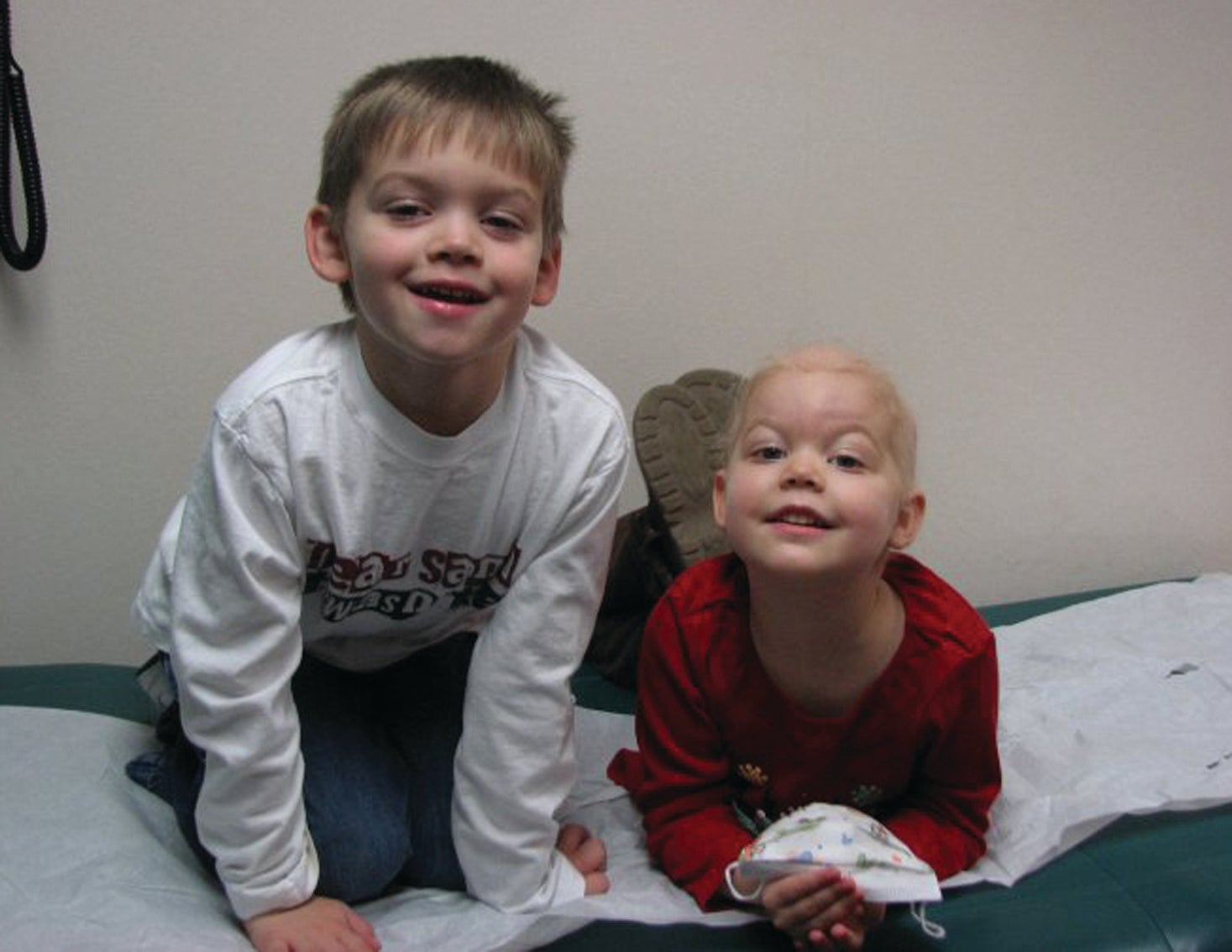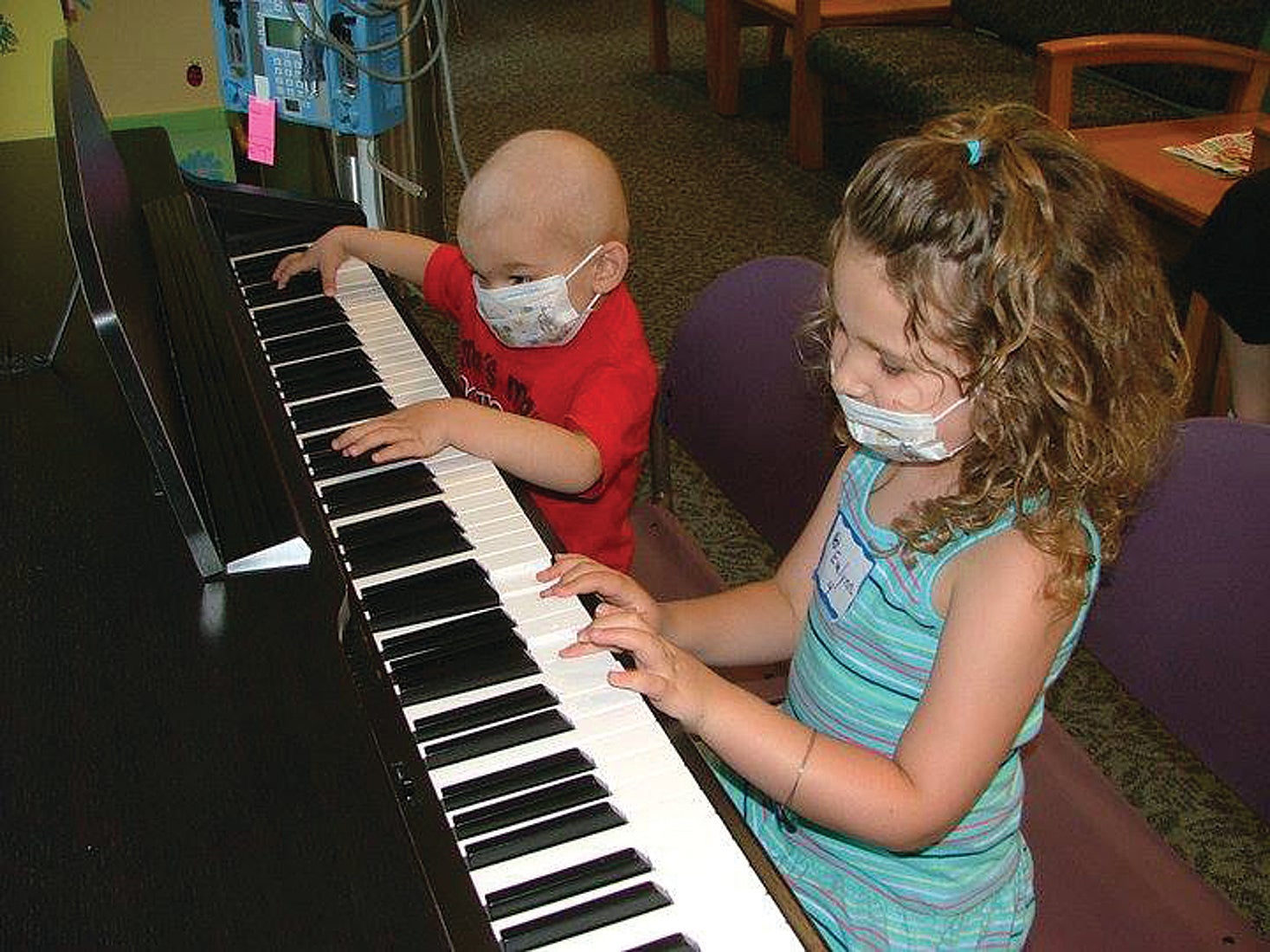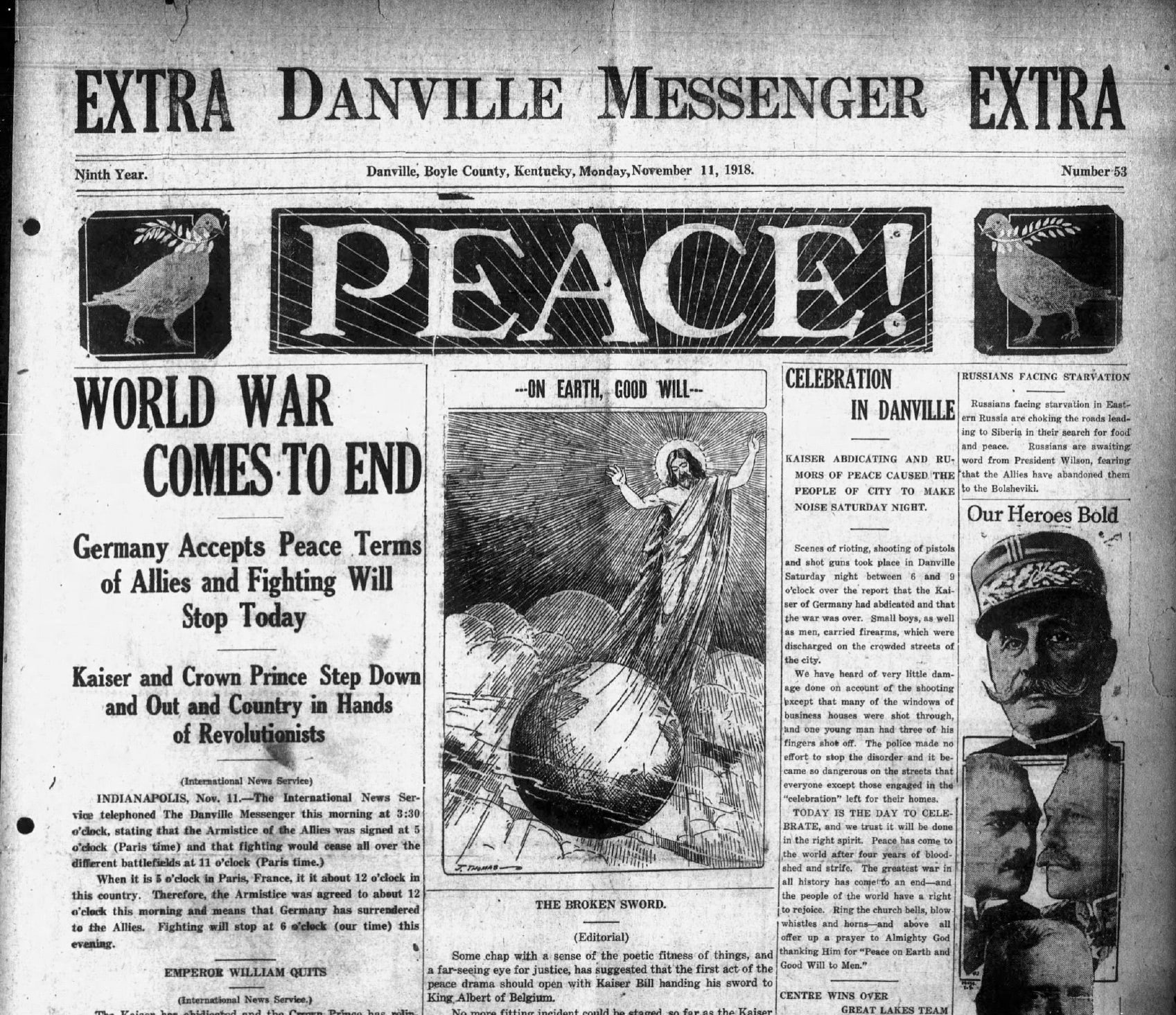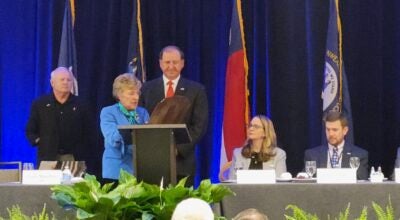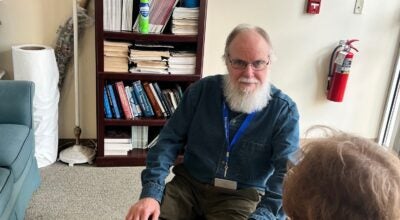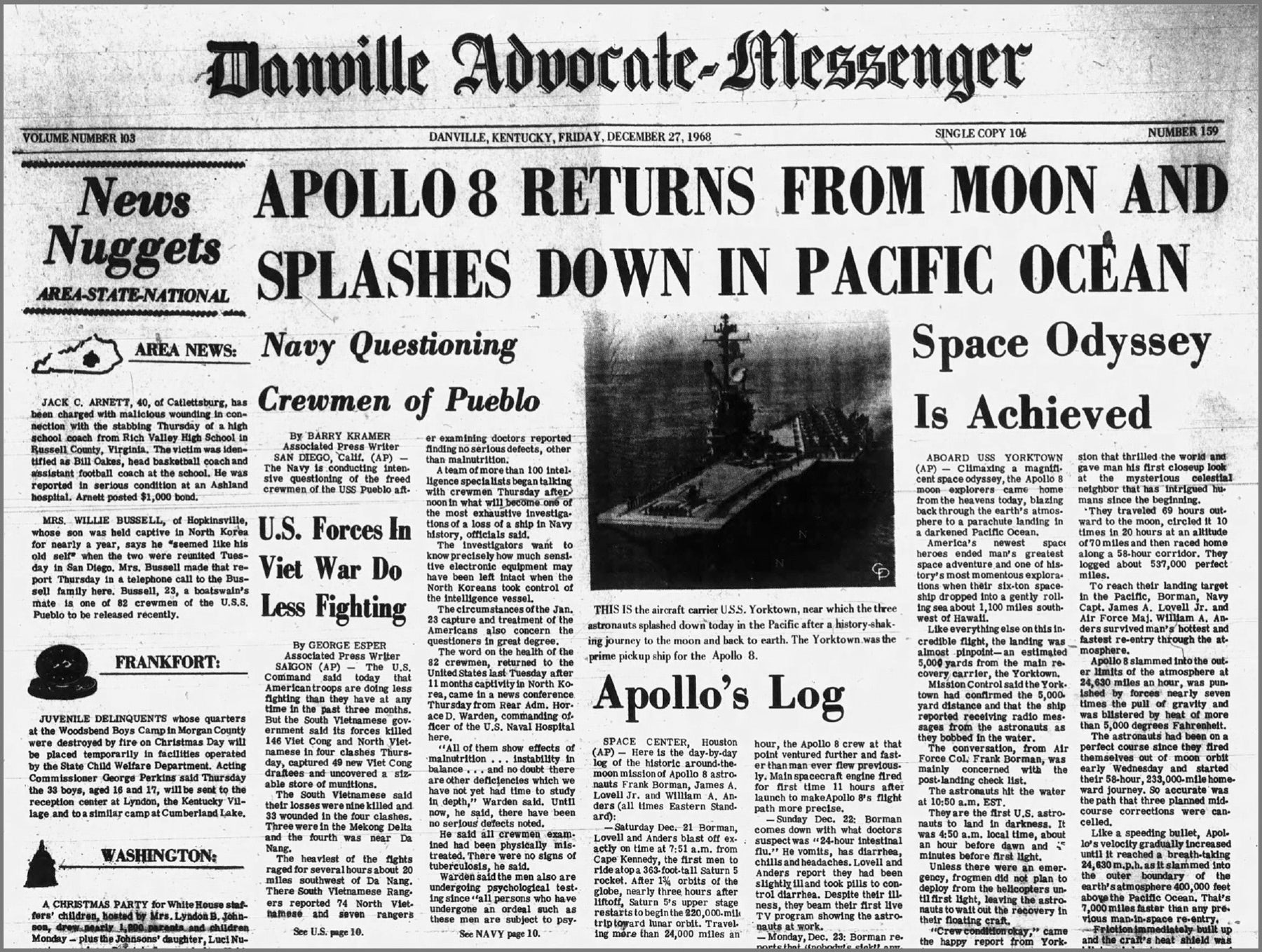When children face cancer, families find strength together
Published 6:33 pm Saturday, September 3, 2016
Column By JEREMY SCHNEIDER
jeremy.schneider@amnews.com
Cancer is a frightening word when the diagnosis comes for an adult. But when a doctor says to a parent, “Your child has cancer,” they’re left with a world of questions and fears with few answers.
In June 2009, Pam Burkett heard those words about her 3-year-old daughter, Jaina, and she remembers the exact feelings.
“Devastation, fear for her,” Burkett said. “And determination to do whatever we had to do to see her pull through this. It was completely life altering and life changing.”
Pediatric cancers are the leading killer among diseases past infancy for children in the United States, according to the National Cancer Institute. And in statistics released by the World Health Organization, about 215,000 children are diagnosed with cancer each year — an average of one diagnosis every two minutes.
Awareness and fundraising are two goals during September, which is recognized as Pediatric Cancer Awareness Month. Many organizations across the country are focused on helping families deal with pediatric cancer during and after treatment, such as the Louisville-based Kids Cancer Alliance. Others like DanceBlue at the University of Kentucky focus on raising funds for research and assisting families.
The beginnings
Jaina was diagnosed with Acute Lymphoblastic Leukemia (ALL), the most common form of childhood cancer according to the Mayo Clinic. Now a sixth grader at Boyle County Middle School who plays four sports, Jaina is one of countless children walking around with a unique and terrifying backstory. Like many other pediatric cancer survivors, you would never know Jaina battled ALL by seeing her today.
“I enjoy when no one knows what Jaina has been through, but it’s a struggle because how much do you want to share?” her mom said. “I’m not asking for special treatment, but look at what she’s been through. We don’t use excuses — people shouldn’t use excuses. It should never stop anyone, whether it’s cancer or something else.”
It’s impossible to look at Drew Angel and see a pediatric cancer survivor as well. The Mercer County High School graduate is in his first year as a member of the Transylvania University men’s soccer team in Lexington.
When Angel was was 8 years old, he was diagnosed with Burkitt’s lymphoma, a non-Hodgkins lymphoma. As with most pediatric cancer patients, his biggest memories involve watching movies and playing video games in the hospital. The burden of worry often falls on the parents.
“It is a long time ago, but I remember hanging out in the hospital,” Angel said. “Chemo made me nauseous and I lost my hair. Most of my experiences weren’t bad; I guess I was naive to the circumstances.”
My son Jackson, now a third grader at Perryville Elementary, had similar experiences when he was being treated for Burkitt’s lymphoma as a 2-year-old. He said his strongest memory is driving in a toy car and seeing the nurse with his IV pole trying to keep up.
“I guess I was going too fast,” he said.
Family effects
The families go through the journey with the patients, and it changes everything about the relationships and outlook on life for the family members.
“You want the world to stop so you can just catch your breath,” said my wife Darcey, Jackson’s mom. “But it doesn’t, and you’re left trying to keep one foot in the world and one foot in the treatment of your child.”
Darcey said despite Jack’s outward appearances as a healthy 8-year-old, she finds herself still looking over her shoulder. He has annual checkups, which have included scans, EEGs and EKGS, and while the recurrence of Burkitt’s is zero, he can suffer from the aftereffects of his treatment later in life.
WIth Drew at Transy and thinking about a future in oncology, his mom Cindy counts her blessings to have her son.
“Sometimes we marvel at what he’s accomplished,” she said. “He’s worked his guts out; he’s very dedicated. For whatever reason, God has his hands on Drew to help him overcome obstacles in his life.”
It’s not just parents and patients who struggle. The siblings are also affected by the journey as well. But as with every other part of their lives, the families try to find happiness and joy in an otherwise dismal and frightening time.
“We started living life every single day, trying to make sure we had happiness every day,” Burkett said.
When Jaina was diagnosed and going through treatments, her brother Kyle was 5 years old and getting ready for his first summer of baseball and kindergarten in the fall. Because treatments destroyed Jaina’s immune system, his parents had to monitor where Kyle went and what he did. That meant he had to skip birthday parties and other events where he could bring home germs.
But it didn’t stop Kyle from getting the flu. His illness split the family so they could keep the illness away from Jaina. The siblings still found a way to be together.
“We had a nice toy room downstairs and we brought some of Jaina’s toys upstairs for her,” their mom said. “They would lay on the stairs and talk to each other through the spiral staircase.”
Jackson and his sister, Evelynn, went through the journey together as well. Jackson went through treatment the summer before Evelynn started kindergarten, forcing Darcey and me to juggle our focus and make sure our daughter was also receiving attention and what she needed.
Finding support
Few people can comprehend or understand how much a family’s life must change after the diagnosis. It can be isolating, so it’s important for pediatric cancer families to come together for support and kinship.
Kids Cancer Alliance fills in that gap for many families, hosting quarterly events and camps throughout the summer at Cedarmore Camp in Bagdad.
“It all rests in the families,” KCA program director Leah McComb said of her motivation. “These are some of the best people you can meet. If we can give their kids something they can’t get anywhere else, that’s special.
“A lot of our parents and our kids make comments about coming to camp or other KCA functions making them feel like they’re not alone because there are other people in their same situation.”
Soon after he went into remission, Angel attended the Indian Summer Camp, hosted by KCA. There, he found other kids with similar stories and stopped feeling like he was different.
“My mom and I would go around to events like Pennies for Patients, people would talk about me, my mom would talk about me and I would feel significantly different, it was like I was very unique,” Angel said. “When I went to camp, you realize how many people had cancer and you don’t feel like an outcast. You feel more normal.”
Former campers and pediatric cancer survivors are many of the volunteers at the camp, but medical professionals in the field also volunteer their time. Many associated with the camp call it the best week of their year.
“For me, it provides a great sense of perspective of what’s important and what’s not in life,” said Josh Elder, a camp counselor who is a pediatric oncology pharmacist at Korsair Children’s Hospital in Louisville.
“Going to that camp keeps me grounded and prevents burnout. It always seems at that point of the year, when it’s been a while since camp and I’m getting caught up in the stress, it helps provide perspective for why I do my job.”
Life after pediatric cancer
Drew and Cindy Angel make visits to patients in the hospital, and Burkett has a nationwide network she has made herself available to as a voice for families just starting their journey in pediatric cancer. Darcey and I actively supports any and all childhood cancer charities she can; a year after his diagnosis, Jackson was the face of Panera Bread’s fundraising effort for Make-A-Wish in northwest Ohio.
The questions don’t stop when children are in remission and then labeled survivors. While many parents never want to revisit their long days and nights in the hospital and fears for their children’s lives, they understand each event in their family’s history made them into who they are today.
And many are thankful for what — and who — they have today.
“You can’t live thinking the worst,” Burkett said. “It changes you and your family. We are closer; we enjoy the little things.”


